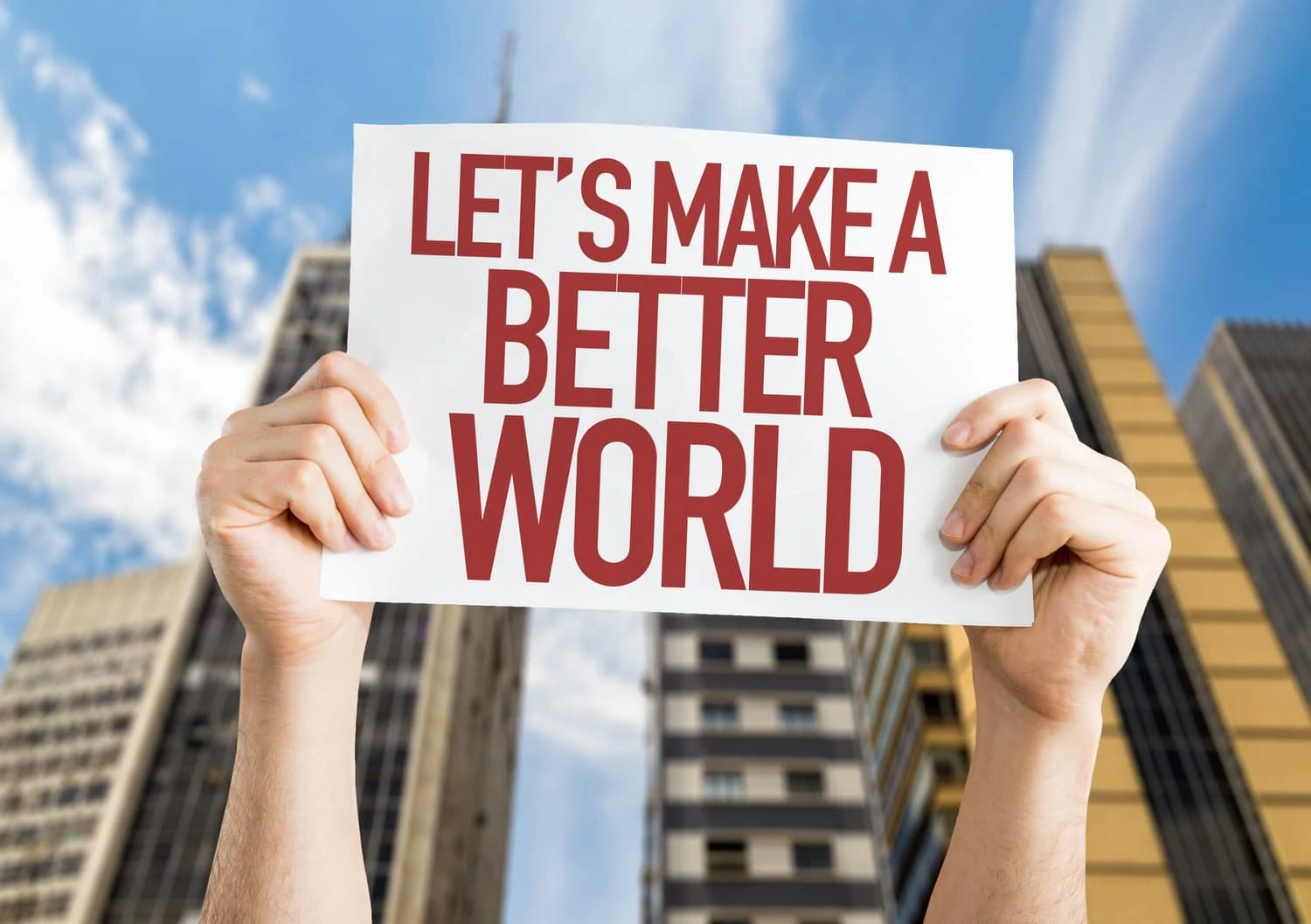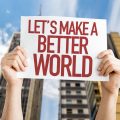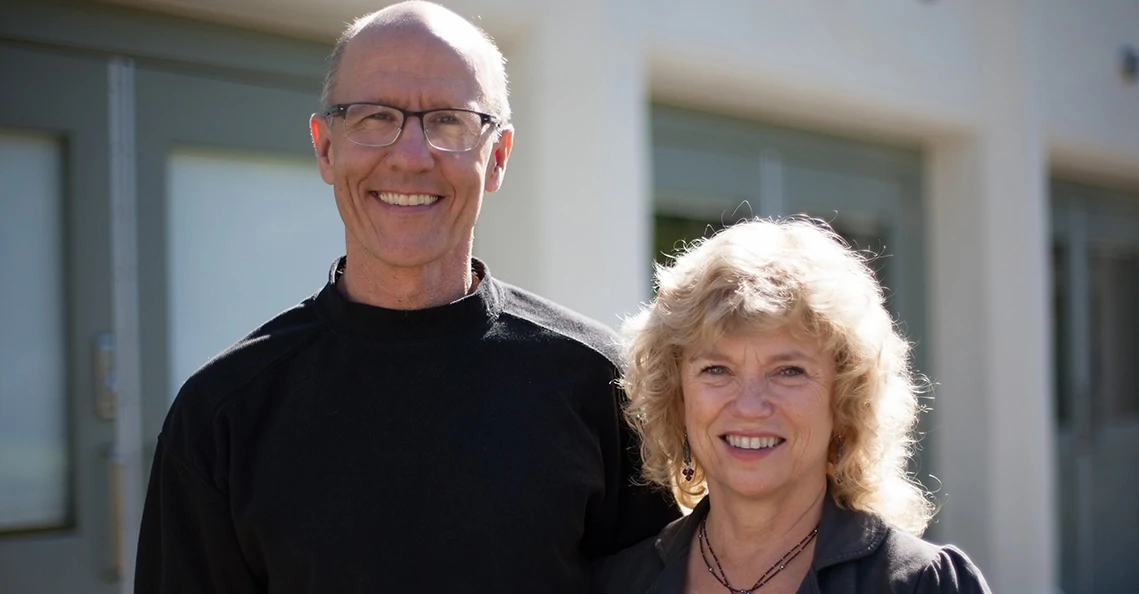Originally, our last post marked the end of this series, but the ongoing fight for justice that the death of George Floyd inspired has kept us thinking about what more we can do to create a healthier world for us all.
Certainly, there’s a lot we can accomplish in the classroom – virtual or otherwise – through a trauma-informed approach that recognizes the importance of both physical movement and SEL. We can give students the tools and skills they need to become strong, aware, and resilient.
But there’s much we can – and, we believe should – do outside the classroom, as well, to change the conditions that give rise to a great deal of the trauma we see our students carrying inside, especially students of color.
Transforming Policing

Defunding isn’t just about withdrawing taxpayer support but “shrinking the scope of police responsibilities and shifting most of what government does to keep us safe to entities that are better equipped to meet that need,” as Georgetown law professor Christy E. Lopez described it in a recent op-ed for the Washington Post.
Often, police are called upon to handle situations that they’re not necessarily trained for and in which their involvement can actually make things worse. So what if, instead, we invested in social supports delivered by community responders?
buy citalopram online no prescription
Mental health outreach? Trained negotiators who could mediate disputes?
Reform could perhaps become a more effective tool to support mental health, reduce police violence and start to heal their relationship with the public they’re supposed to serve.
Establishing Universal Healthcare
Communities of color have been hit much harder by COVID-19 than white communities for a variety of reasons, from higher rates of chronic health problems – including stress – that increase vulnerability to less access to quality healthcare.
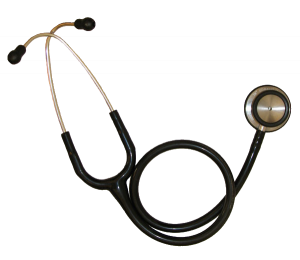
With universal coverage – like every other industrialized nation has managed to provide its citizens – more people, regardless of employment status, would be able to get the care they need when they need it instead of putting things off until they become “really sick.” We would see far fewer medical bankruptcies, as well – a major driver of homelessness in this country.
And if such coverage were to wisely include mental health care, too, we would go a long, long way toward reducing a great amount of pathology in our country – as well as reducing the demands on our police. It would be a fantastic investment in ourselves.
Affirming a Living Wage
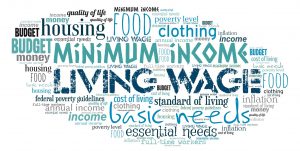
But through recent decades, income has stagnated for the vast majority of Americans, regardless of color.
buy Bactroban generic over the counter
Barely 40% say they have enough cash available to handle a $1000 emergency. And even as jobs have started to come back online as COVID restrictions have eased, the current unemployment rate is troubling, to say the least.
As our nation starts to reopen and folks go back to work, a move away from the federal minimum wage to a living wage could do a world of good in helping us climb out of the current depression. Similarly, we should be providing real support – financial and vocational – for those who struggle longer to find work.
Providing Universal Pre-K
Of course, nothing can top a good start for children, which is why we also favor universal pre-K. As the Urban Child Institute notes,
Research demonstrates that universal access to Pre-K is good policy. It reduces outreach costs, raises program quality, and increases public support for early education. Compared to targeted programs, universal programs have higher rates of enrollment among all socioeconomic groups.

All kids can benefit from Pre-K. Making it universal could help ensure no child falls through the proverbial cracks and enters kindergarten less prepared than their peers. It can provide an equitable start for all and end up paying for itself in cost savings and societal benefits.
***
This is by no means an exhaustive list of social changes that could answer the injustices far too many continue to experience in this country. And we certainly don’t claim to have all the answers. But with children – and family – health a core concern of ours, we find it important to participate in the conversations now going on, locally and nationally, about how to transform our current way of life into one that better meets the needs of its citizens. The conversations are where we start, where we determine the real work to be done.
And then we commit to that work.
Image credits:
Police by G20 Voice, via Flickr
Word cloud by EpicTop10.com, via Flickr
Pre-K by US Marines

